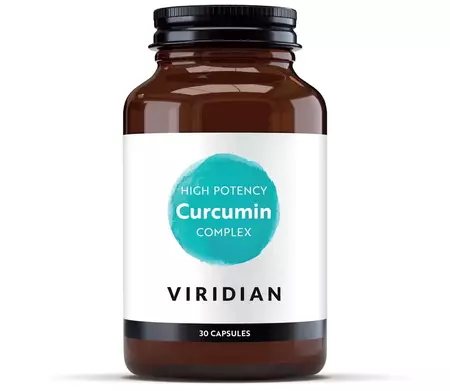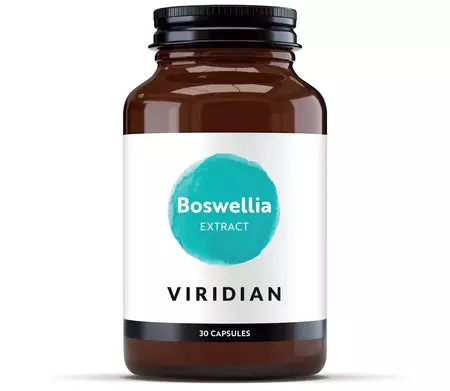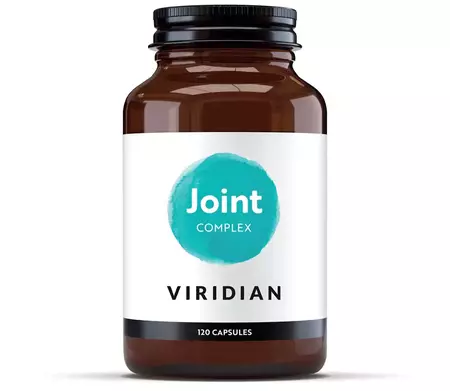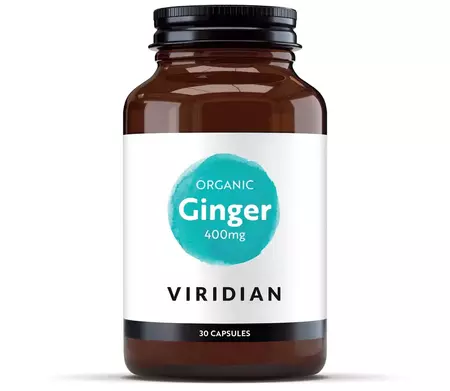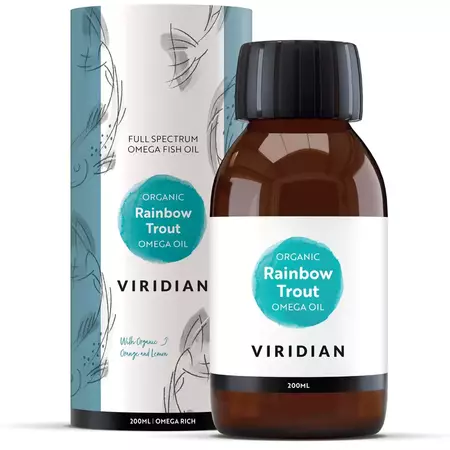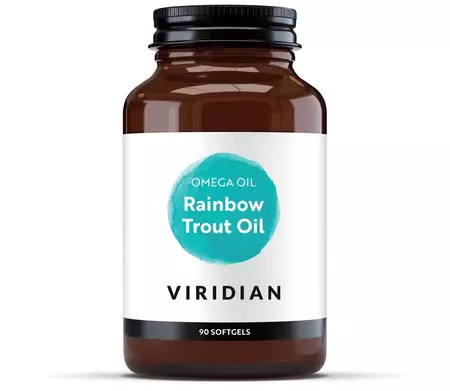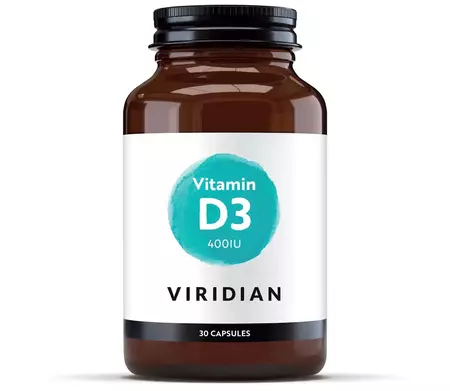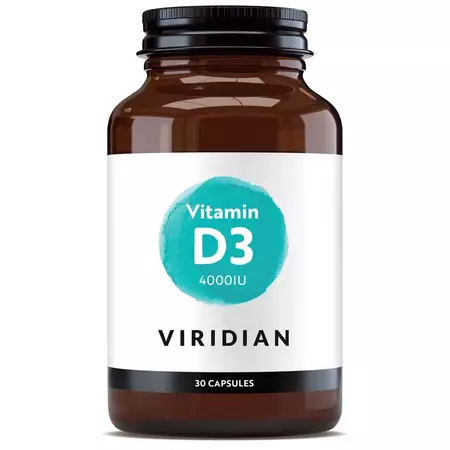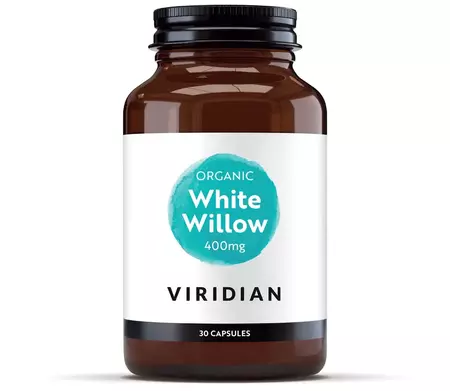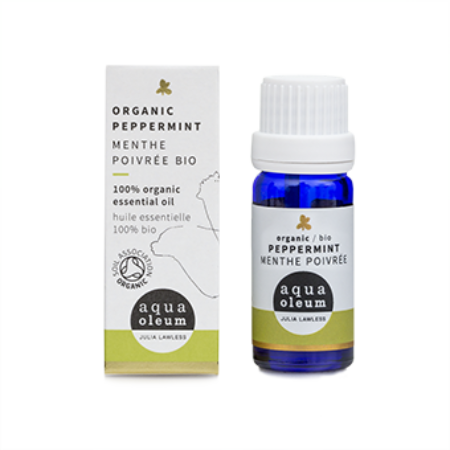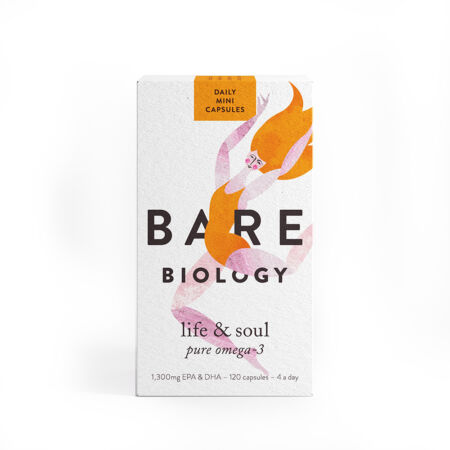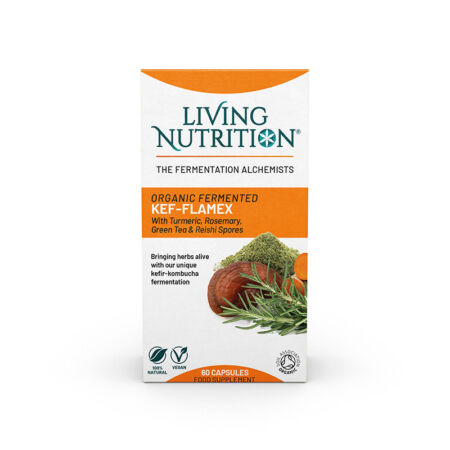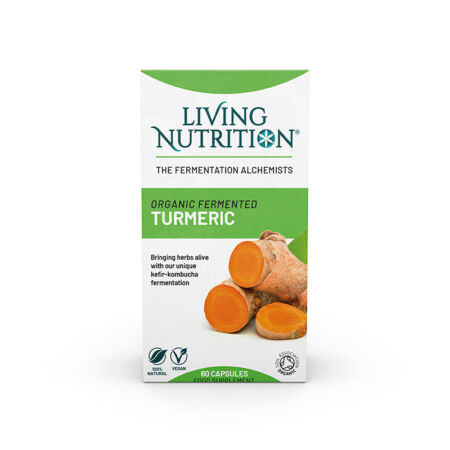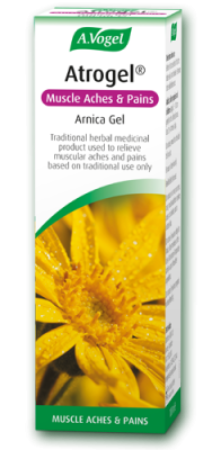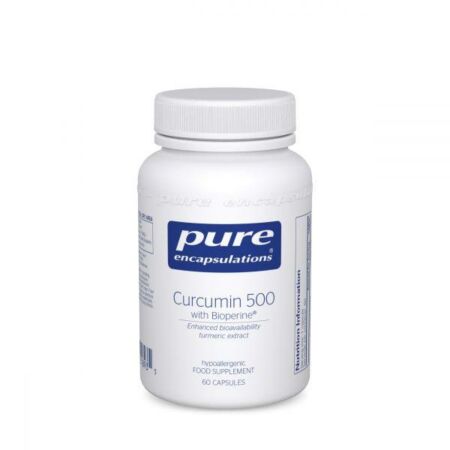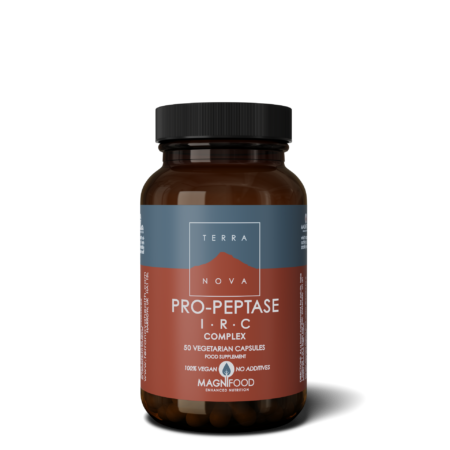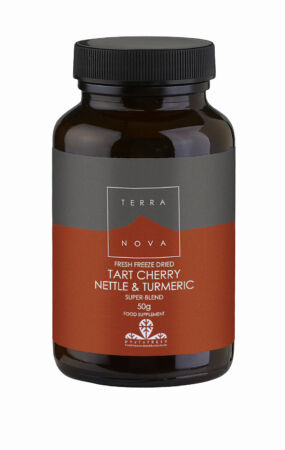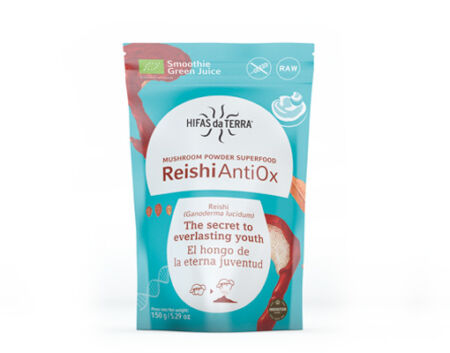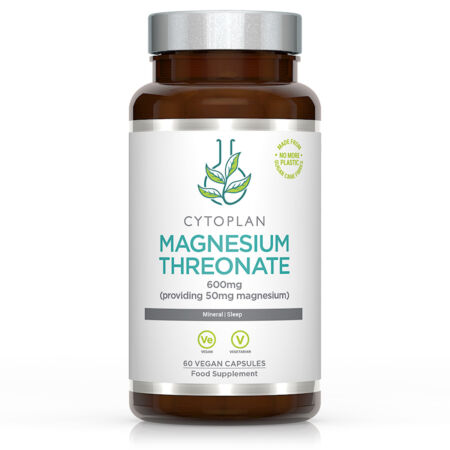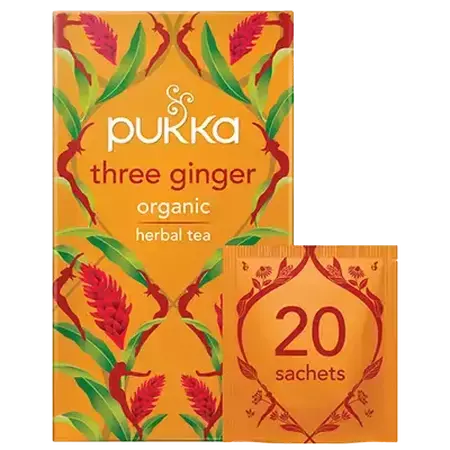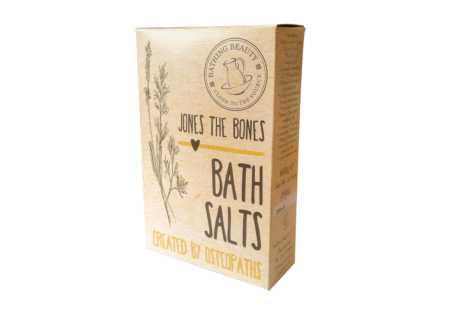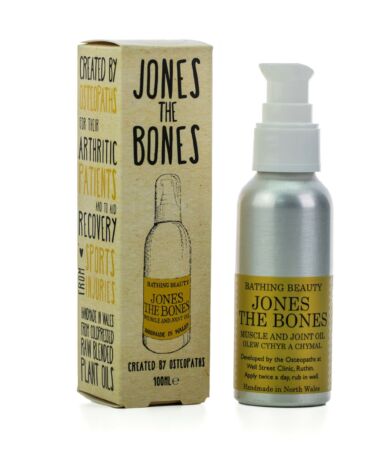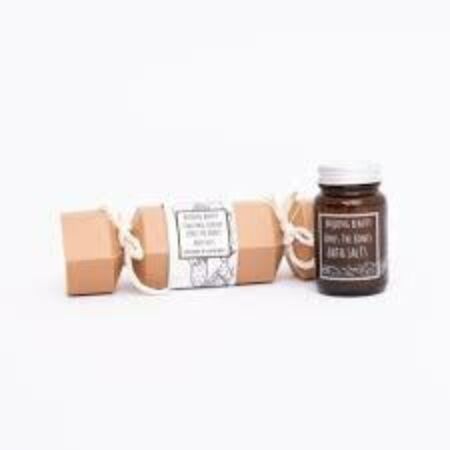Learn how naturopathic practices, herbs, lifestyle advice and diet can reduce pain and inflammation. We also discuss topics such as why we experience pain.
What is pain and why do we experience it?
Pain is used by the body to signal a potential threat to the body, think about if you have aver accidentally put your hand on a hot stove – your body signals pain to prevent further damage. Therefore, the sensation of pain is usually triggered by the nervous system when there is tissue or nerve damage, an illness or trauma[i].
Emotional trauma is said to be similar to physical pain, so pain can also potentially be triggered due to social and painful psychological factors such as anxiety, fear or loss[ii]. (See more on Fibromyalgia).
What is the link between inflammation and pain?
Inflammation involves various substances in our body, such as cytokines, neuropeptides, growth factors, and neurotransmitters, which play a role in the process. Whether you're experiencing acute or chronic pain, pain that originates in the peripheral (body) or central (nervous system), or pain caused by normal bodily responses or nerve damage, the common cause of this is inflammation and the body's response to it[iii].
What are naturopathic approaches to inflammation?
A Naturopathic Nutritional Therapist can help you to identify and address potential triggers for inflammation in both your diet and lifestyle. We hold the belief that symptoms arise from imbalances in the holistic health of the body. In our consultations we will address each and every body system to support overall health and not just place a ‘sticking plaster’ over the presenting issue.
What is chronic pain are the risks associated with developing chronic pain?
Chronic inflammation is common in conditions like rheumatoid arthritis and inflammatory bowel diseases like Crohn's Disease and Colitis. Additionally, it is observed in allergic responses such as food allergy, allergic rhinitis, hay fever, hives, and dermatitis[iv][v].
Prolonged inflammation can harm our DNA, which carries crucial genetic instructions for growth, development, and functioning. This is why inflammation is believed to contribute to various diseases such as heart disease, and obesity[vi].
Supplement recommendations for pain
There are key nutrients and phytochemicals known for their anti-inflammatory properties[vii].
Viridian Vitamin D3 400IU: Firstly, it is advisable to check your vitamin D levels, as low vitamin D has been linked to chronic pain. Vitamin D plays a crucial role in reducing inflammation and maintaining bone and muscle health[viii].
Viridian High Potency Curcumin Complex: Curcumin, the main active component of turmeric, exhibits widespread anti-inflammatory and antioxidant activity and has been extensively studied in various chronic diseases[ix]. See also a potent turmeric supplement from Living Nutrition - Organic Fermented Turmeric.
Cytoplan Magnesium Threonate: Magnesium L-threonate may have a higher absorption and retention rate compared to magnesium chloride, citrate, glycinate, and gluconate. It may be helpful for reducing some types of pain, by relaxing muscles and supporting energy in the body[x].
Terranova Pro-Peptase IRC Complex: Serrapeptase is used for conditions such as back pain, osteoarthritis, and rheumatoid arthritis, and for conditions generally associated with pain[xi].
Terranova Hyaluronic Acid & Silica: Taking hyaluronic acid by mouth can have many benefits. These include reducing arthritis pain as Hyaluronic acid is naturally found inside many joints in your body in the synovial fluid[xii]. You can read more about Joint Health in our dedicated article.
Castorvida Castor Oil Pack: Castor oil packs may help reduce pain and swelling in people with conditions like rheumatoid arthritis and osteoarthritis. Regular use of Castor oil packs is also said to relieve painful menstrual periods[xiii]. You can read more on Menstrual Pain here.
Incorporating certain herbs can be beneficial in reducing pain and inflammation. Herbs like Boswellia, Willow bark, and Ginger have shown excellent potential in this regard[xiv][xv][xvi]. These herbs can be consumed in various forms such as liquid tinctures, capsules, tablets, or as a tea. Viridian Boswellia Resin/ Organic Pharmacy Joint Tincture / Viridian White Willow 400mg – Organic / Gimber Organic Drink Concentrate / Viridian Ginger - Organic 400mg.
More product favourites for pain relief
OSI Magnesium Oil + Capsaicin: Highly absorbable magnesium and capsaicin for daily topical use. You may also feel the added benefits of added capsaicin from cayenne pepper for additional warmth and soothing relief[xvii].
Weleda Arnica Massage Balm: blended with extracts from arnica flowers and birch leaves increase blood circulation and encourages natural healing[xviii]. Likewise, you can also try arnica in the form of A Vogel Atrogel Arnica Gel.
Dietary suggestions for pain
Omega fats: The typical ‘Western’ diet, which is high in omega-6 fats and low in omega-3 fats, contributes to various illnesses where pain and inflammation are prevalent[xix]. To counterbalance this, a daily supplement of high-quality omega-3 fish oil can help reduce inflammation and promote a healthier balance. Some of our favourite supplemental forms of omega 3 fish oil include Bare Biology Life & Soul Omega 3 Fish Oil Mini Capsules / Viridian Scandinavian Rainbow Trout Oil - Organic
Anti-inflammatory foods: Eat an anti-inflammatory diet that is rich in organic, fresh fruit and vegetables. The focus should be on leafy greens. There are also many powerful anti-inflammatory foods like ginger, garlic, turmeric, walnuts, almonds, chia seeds and healthy fats such as avocado and flaxseed oil, which all help to reduce inflammation in the body[xx]. Try adding Pukka Three Ginger tea to your routine.
Conversely, avoiding ‘inflammatory’ foods is also beneficial. Food and drinks considered inflammatory include those high in processed ingredients and refined sugar. These foods are commonly associated with refined ‘white’ carbohydrates such as white pasta, bread, pizza, pastries and pies etc. Anything considered junk food is not favourable such as fried foods and those cooked in damaged oils[xxi] (margarine, rapeseed oil, deep fried foods), as well as coffee, alcohol and fizzy (processed carbonated) drinks/ processed and high sugar juices/ cordials.
Magnesium: You can increase your intake of magnesium through diet. Magnesium is an important mineral for relaxing muscles. It also helps in reducing stress and anxiety, whilst maintaining bone health and increasing our energy levels. Foods that are high in magnesium include leafy green vegetables (kale, spinach, rocket), almonds, cashews, avocado, figs, chickpeas, quinoa, kidney beans and black beans[xxii].
Lifestyle suggestions for pain
Acupuncture and massage styles: using similar practices (such as Bowen Technique) are said to be highly effective for back pain and many people see a significant improvement in their back pain after a few acupuncture sessions. Acupuncture works to help reduce inflammation and promote the repair of tissue by regulating the hormone that controls inflammation (cortisol) and the cells that secret materials such as collagen to heal damaged tissues. Acupuncture, and similar, also help the body adapt to stress more efficiently by modulating stress hormones and activating the parasympathetic nervous system[xxiii]. See also Organic Massage, Reflexology.
Physical therapy: Other than massage and acupuncture treatments, it may be advisable to engage in Physical Therapy treatment. This involves undergoing changes in response to a plan put together by a physiotherapist, chiropractor or osteopath. The plan should help you to move better and help to relieve your pain associated with daily tasks and activities by suggesting ways of walking, going up stairs or getting in and out of bed easier. Physical therapy for persistent pain may involve manipulation, stretching exercises and pain-relief exercises[xxiv].
Lovely soaks: Take regular Epsom salt baths (Bathing Beauty Jones the Bones Bath Salts) to relax muscles and reduce inflammation. Make sure the bath is comfortably warm but not too hot, and add two cups of Epsom salts – you need to soak in the bath for at least 15 minutes for the salts to be absorbed and the magnesium content to take effect[xxv].
Get moving if you can: Move regularly and do daily stretching, especially if you’re sitting at a desk all day.
Hydrate: Last but not least, stay hydrated by drinking filtered water and herbal teas. It is thought that hydration can contribute to pain, this is because muscles and joints need water to function well[xxvi][xxvii]. See our article on Water.
Why is nutritional therapy important for pain?
Making simple lifestyle and dietary choices can greatly support your body's natural anti-inflammatory processes. Some of these choices include engaging in regular physical activity, ensuring an adequate amount of sleep, and promoting a healthy gut bacteria balance[xxviii] [xxix](through lifestyle and food/ nutrient intake).
In adopting a lifestyle that promotes healthy choices and avoids pro-inflammatory triggers, you can actively contribute to reducing inflammation in your body and supporting overall well-being. Nutritional therapy can also use the consultation structure to determine the unique cause of your symptoms. This can be achieved by taking down all the individual factors which apply to your case, such as your full medical history, family medical history and any significant lifestyle and dietary factors. We can also suggest functional testing options to support your plan and to delve deeper into the cause of symptoms.



